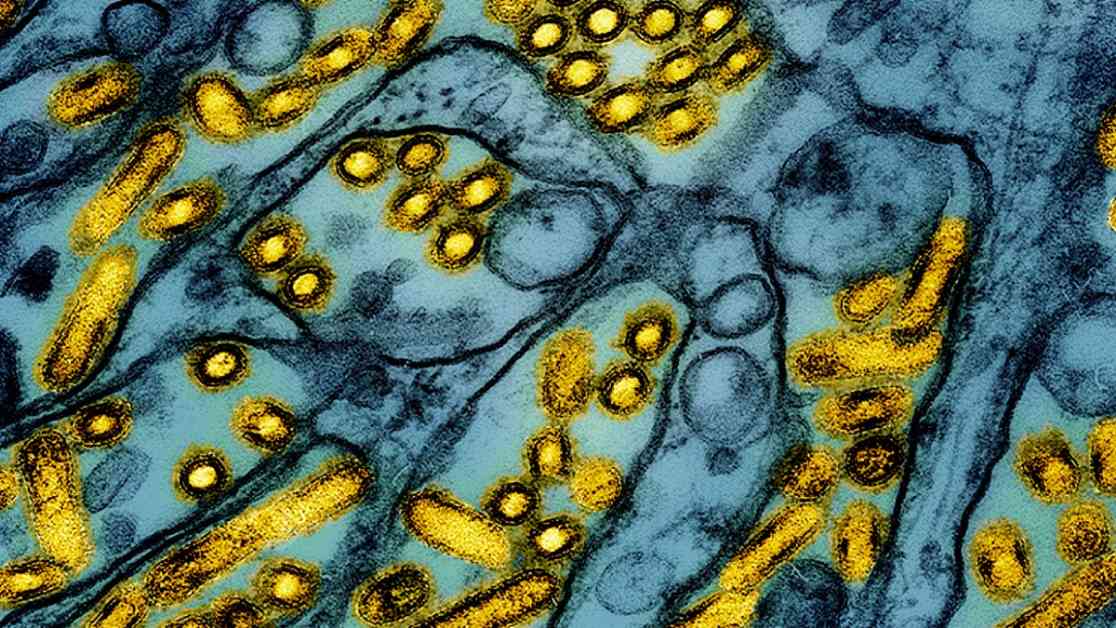The United States has reported its first death from bird flu, a tragic outcome that raises concerns about the potential spread of the virus. The victim, an individual in Louisiana, was hospitalized with severe respiratory symptoms and had a history of contact with sick and dead birds in a backyard flock. This marks a significant development in the ongoing battle against avian influenza.
Details of the Outbreak
Health officials have revealed that the deceased was over 65 years old and had underlying medical conditions, making them more vulnerable to the severe effects of the virus. Genetic analysis indicated that the bird flu virus had mutated within the patient, potentially contributing to the worsening of their condition. Since March, the U.S. has seen at least 66 cases of bird flu infections, with most occurring among farmworkers exposed to sick poultry or dairy cows.
Understanding Bird Flu
Bird flu, caused by avian influenza A viruses, primarily affects birds but can occasionally jump to humans. The H5 subtype, particularly the H5N1 strain, has caused human infections and poses a threat to public health. While the risk to the general population remains low, officials are vigilant about potential mutations that could increase transmissibility.
Expert Insights and Concerns
Infectious disease specialists like Michael Osterholm emphasize the importance of tracking mutations in the virus to prevent a potential pandemic. Recent findings suggest that the virus may be evolving to better infect human cells, raising concerns about its adaptability. While the risk level has not changed significantly, experts stress the need for continued monitoring and preparedness.
Recognizing Symptoms and Seeking Treatment
Symptoms of bird flu in humans vary from mild to severe, with common signs including fever, cough, sore throat, and muscle aches. In pets, such as cats, signs of illness may manifest as loss of appetite, lethargy, and respiratory issues. Early detection and prompt treatment with antiviral drugs are crucial in managing infections and preventing complications.
As the nation grapples with the challenges posed by the bird flu outbreak, it is essential for individuals to stay informed, practice good hygiene, and seek medical attention if they experience symptoms. By remaining vigilant and proactive, we can work together to mitigate the impact of this public health crisis and protect our communities. Let us all do our part to safeguard our health and well-being in the face of this evolving threat.





















